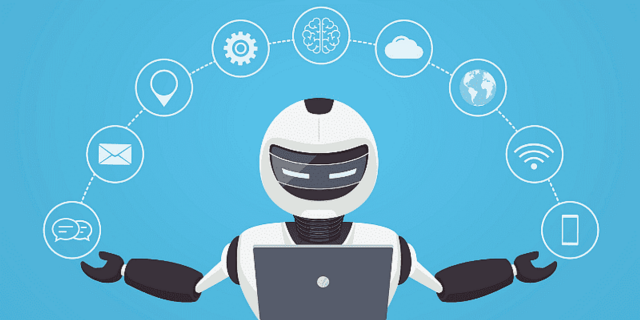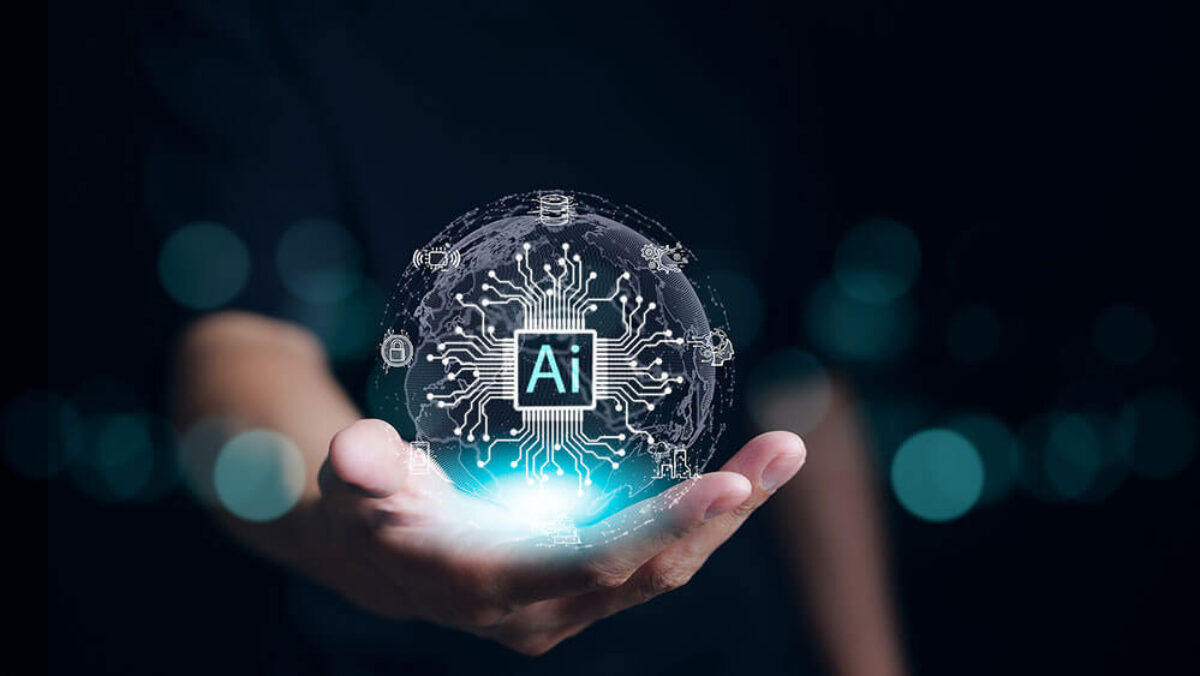In recent years, Artificial Intelligence (AI) has emerged as a game-changer in various industries, and digital marketing is no exception. With its ability to analyze vast amounts of data, automate tasks, and enhance customer experiences, AI is reshaping how businesses connect with their audiences. Here’s a closer look at how AI is transforming the digital marketing landscape.

1. Data-Driven Decision Making
One of the most significant impacts of AI in digital marketing is its ability to analyze large datasets. Traditional marketing approaches often rely on gut feelings or limited data. In contrast, AI tools can process and interpret vast amounts of information, providing insights into consumer behavior, market trends, and campaign performance. This data-driven approach enables marketers to make informed decisions, optimizing their strategies for maximum effectiveness.
2. Enhanced Customer Personalization
Personalization has become a cornerstone of effective digital marketing. AI enables businesses to deliver tailored experiences to their customers by analyzing user behavior, preferences, and interactions. By leveraging AI-driven tools, marketers can create personalized content, product recommendations, and targeted advertisements, ensuring that their messages resonate with individual users. This level of personalization not only improves customer satisfaction but also increases conversion rates.
3. Chatbots and Customer Service Automation
AI-powered chatbots are revolutionizing customer service by providing instant responses to customer inquiries, 24/7. These chatbots can handle a variety of tasks, from answering frequently asked questions to guiding users through the purchasing process. By automating customer interactions, businesses can enhance user experience, reduce response times, and free up human resources for more complex tasks. In 2024, the use of chatbots is expected to grow even further, making them an essential tool for digital marketing.
4. Predictive Analytics
Predictive analytics is another area where AI is making waves in digital marketing. By analyzing historical data, AI can forecast future customer behaviors and trends, allowing businesses to tailor their marketing strategies accordingly. For instance, AI can predict which customers are most likely to convert, enabling marketers to focus their efforts on high-potential leads. This proactive approach enhances the efficiency of marketing campaigns and drives better results.
5. Content Creation and Curation
AI is increasingly being used to assist in content creation and curation. Tools powered by AI can analyze trending topics, suggest relevant content ideas, and even generate written articles or social media posts. While human creativity remains irreplaceable, AI can help marketers streamline the content creation process, ensuring that they remain relevant and engaging. Additionally, AI can curate content by analyzing user preferences and behavior, delivering the right content to the right audience at the right time.
6. Programmatic Advertising
Programmatic advertising leverages AI to automate the buying and selling of ad space in real-time. This technology allows marketers to target specific audiences based on various parameters, such as demographics, interests, and online behavior. By utilizing AI in programmatic advertising, businesses can optimize their ad placements, increase efficiency, and reduce wasted ad spend. This precision targeting ensures that marketing budgets are spent wisely and yield better returns.
7. Social Media Monitoring and Sentiment Analysis
AI tools are becoming increasingly adept at monitoring social media channels and analyzing public sentiment. By using natural language processing (NLP) algorithms, AI can assess customer opinions about a brand, product, or service in real-time. This insight allows businesses to respond promptly to feedback, adjust their marketing strategies, and engage with their audience more effectively. In a world where brand reputation is crucial, AI-driven sentiment analysis is invaluable for maintaining a positive image.
8. Improved ROI Measurement
Measuring the return on investment (ROI) for marketing campaigns has always been a challenge. However, AI simplifies this process by providing deeper insights into campaign performance. With AI, businesses can track user interactions across multiple channels, analyze conversion rates, and assess the effectiveness of their marketing strategies. This data-driven approach enables marketers to identify which campaigns yield the best results, allowing for more strategic budget allocation and improved ROI.
9. Adapting to Market Changes
The digital marketing landscape is continually evolving, with new trends and technologies emerging regularly. AI can help businesses stay ahead of the curve by providing real-time data and insights that highlight shifts in consumer behavior and market dynamics. By leveraging AI, marketers can quickly adapt their strategies to meet changing demands, ensuring their campaigns remain relevant and effective.
Conclusion
AI is undeniably transforming the digital marketing landscape, offering businesses innovative tools and strategies to enhance their marketing efforts. From data-driven decision-making and personalized customer experiences to automated customer service and predictive analytics, the benefits of AI are vast and varied. As technology continues to evolve, embracing AI in digital marketing will be essential for businesses seeking to stay competitive and connect meaningfully with their audiences. By leveraging AI’s capabilities, marketers can create more effective campaigns, improve customer satisfaction, and drive growth in an ever-changing digital world.


No responses yet